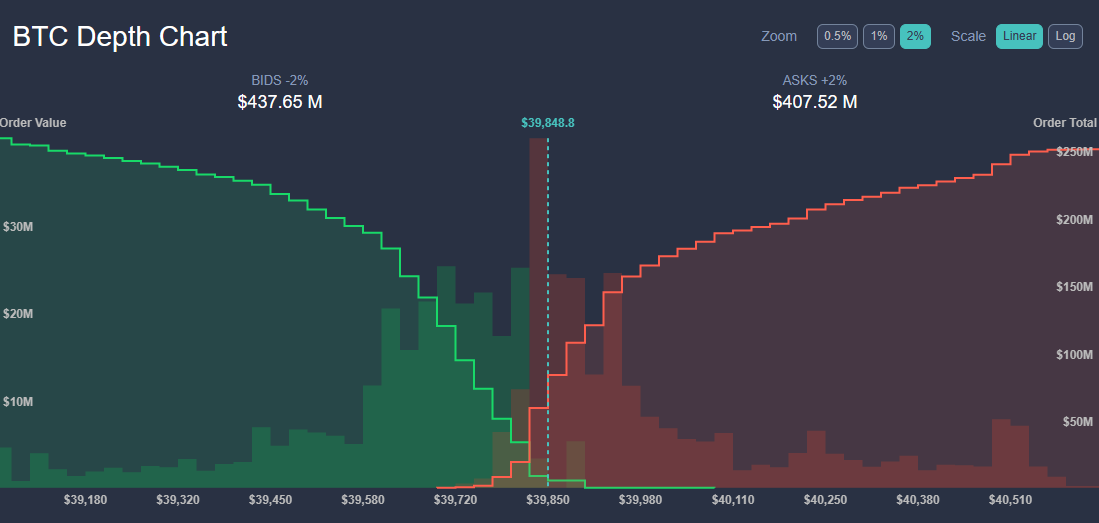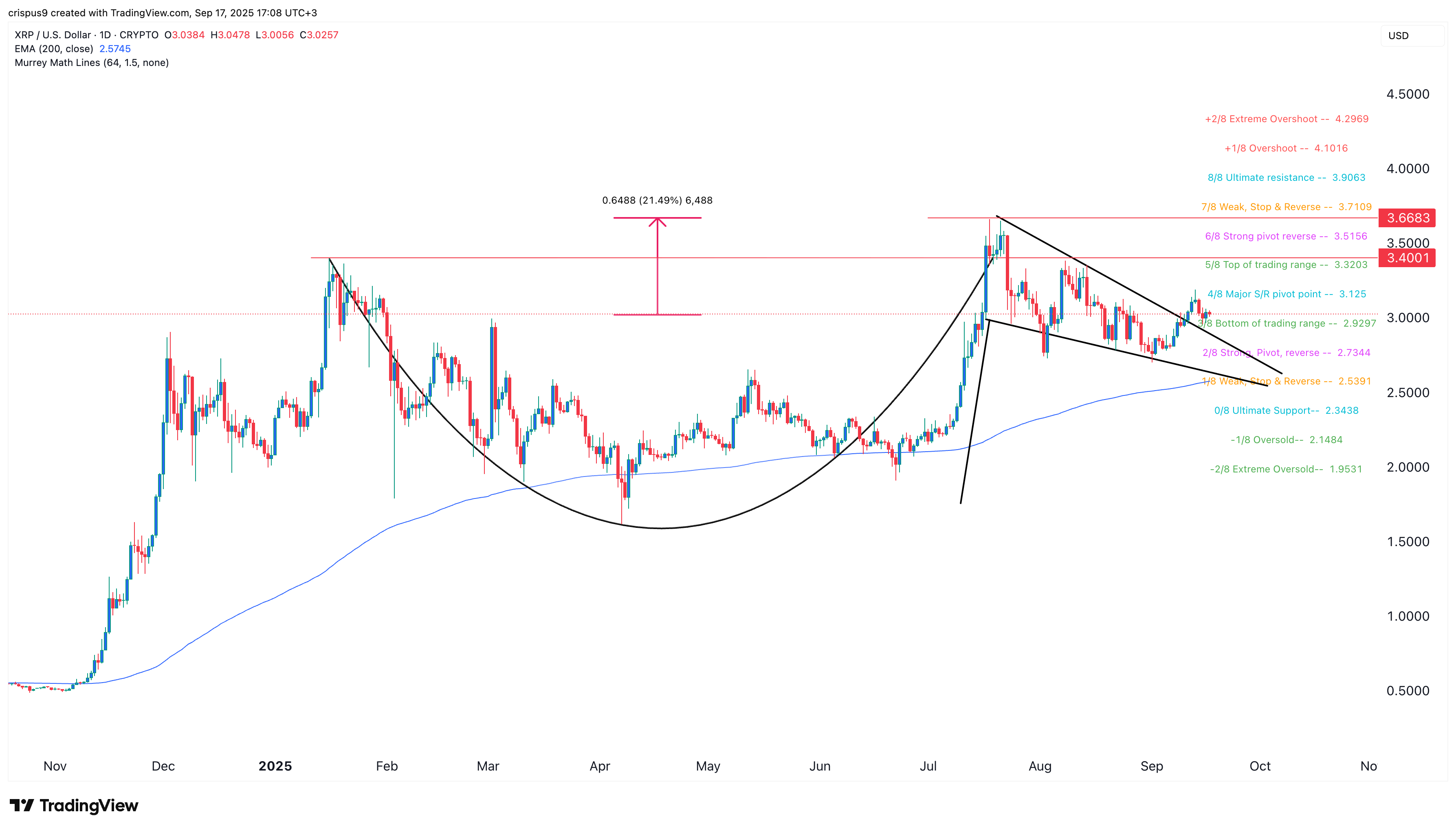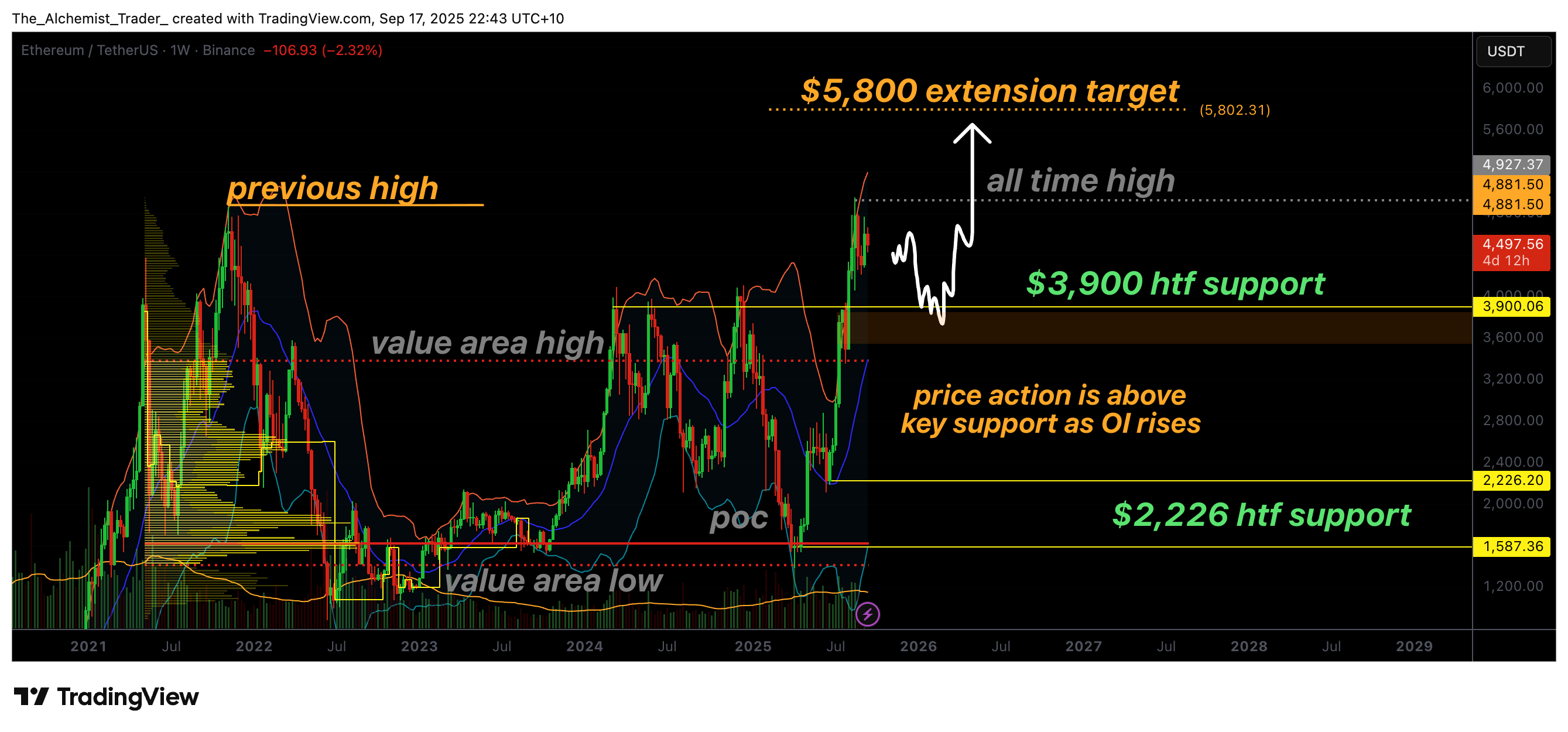Alameda gap is still haunting Bitcoin despite ETF approval
Despite spot Bitcoin ETFs generating over $20 billion in trading volume, the crypto market faces ongoing challenges with liquidity.
The market’s liquidity, as measured by Bitcoin’s market depth, indicates that the ease and speed of executing transactions in the digital currency remain suboptimal. The current Bitcoin (BTC) depth chart indicates that there is a considerable amount of orders placed both for buying (bids) and selling (asks) Bitcoin, yet the liquidity—referring to the ability to execute large orders without impacting the price significantly—is limited around the current price level.
So, the ‘Alameda gap’ impact is still visible on market liquidity. Significant entities like Jane Street Group and Jump Crypto have also scaled back their cryptocurrency trading efforts, contributing to the liquidity shortfall.

This reduction in market participation from major players is causing heightened price volatility. For instance, Bitcoin experienced price swings as large as 12% around the ETFs’ launch. The retreat of these larger firms, previously instrumental in market stabilization, has been conspicuous.
Smaller firms trying to fill this gap are constrained by their relatively modest financial resources, making them less equipped to handle substantial risks during periods of high volatility. This scenario often leads to significant liquidations when market fluctuations intensify.
Moreover, the influx of trading activity associated with the new Bitcoin ETFs does not directly enhance Bitcoin’s liquidity. A substantial portion of the ETF-related Bitcoin trading is over-the-counter, which does not affect the market’s depth.
The conversion of the Grayscale Bitcoin Trust into an ETF, for instance, resulted in about $4 billion in redemptions. This has led to a situation where GBTC shares frequently trade at a discount to their underlying assets, highlighting a disconnect between the trading volume of equity shares and the actual liquidity in the cryptocurrency market.
The current state of the Bitcoin market, with its reduced liquidity and heightened susceptibility to price manipulation, underscores the challenges facing the cryptocurrency sector in the absence of larger, stabilizing market makers.




